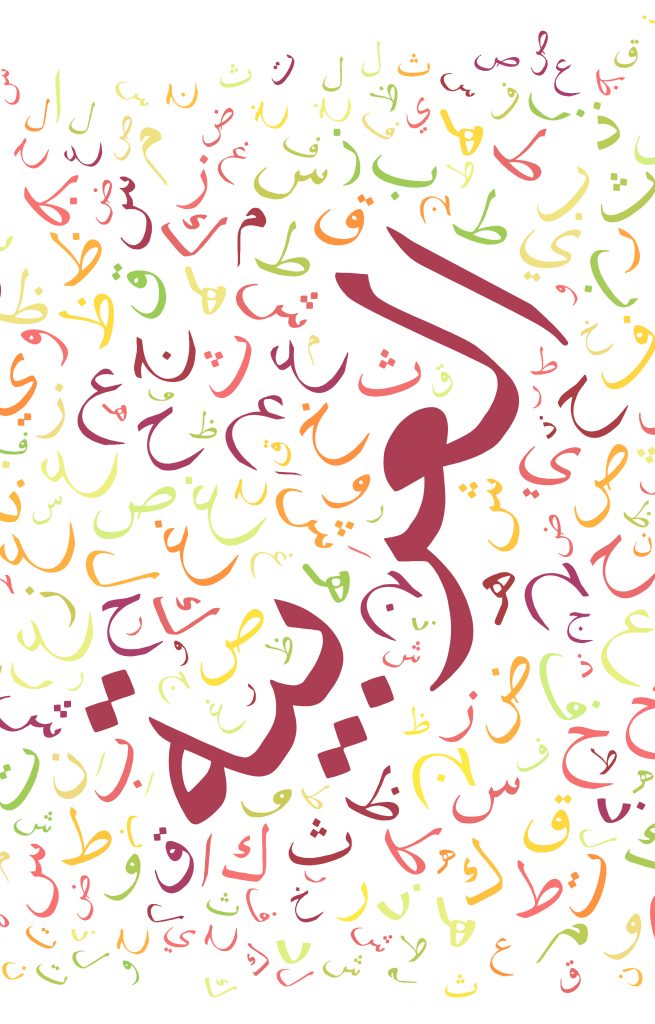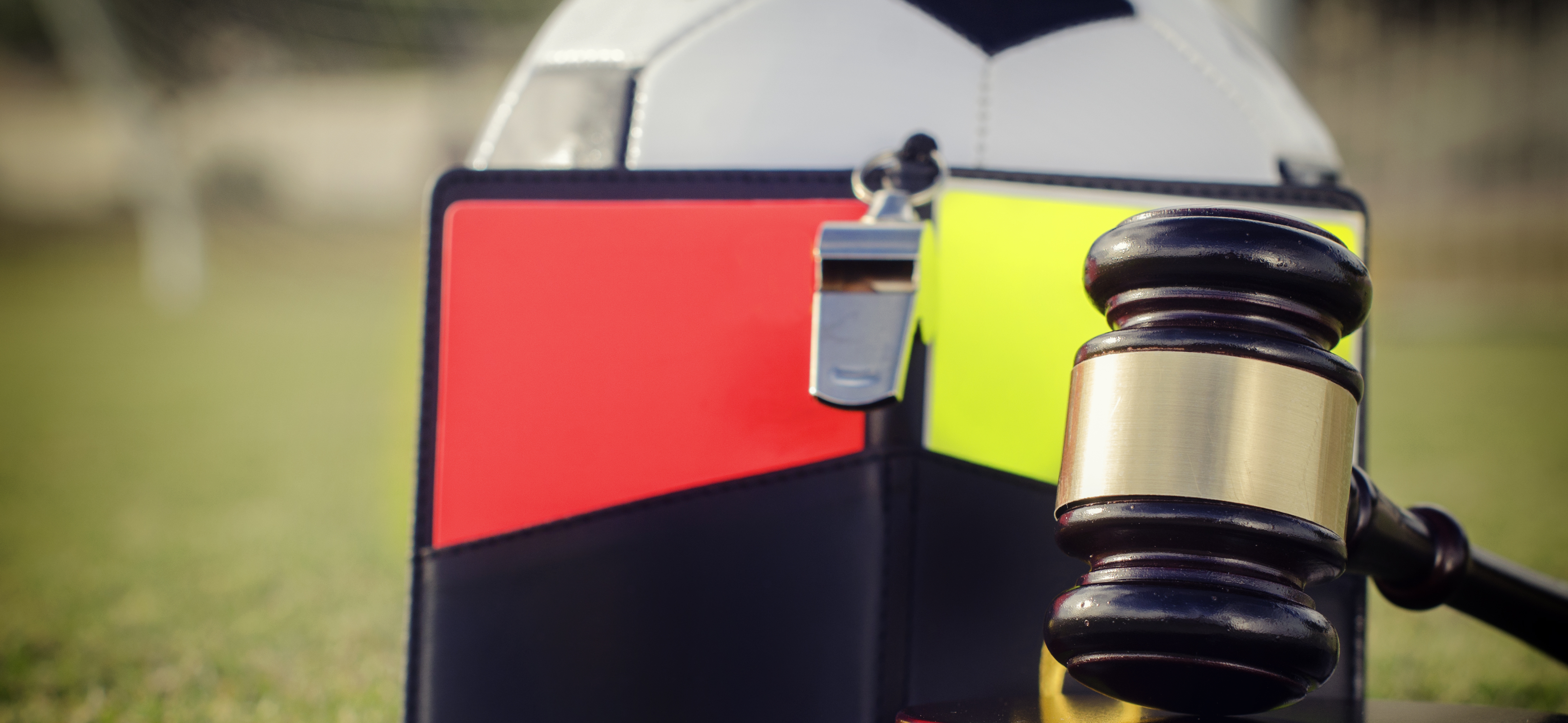- Arbitration
- Banking & Finance
- Capital Markets
- Commercial
- Competition
- Construction & Infrastructure
- Corporate / Mergers & Acquisitions
- Corporate Services
- Corporate Structuring
- Digital & Data
- Dispute Resolution
- Employment & Incentives
- Family Business & Private Wealth
- Innovation, Patents & Industrial Property (3IP)
- Insurance
Find a Lawyer
Book an appointment with us, or search the directory to find the right lawyer for you directly through the app.
Find out more
Level Up: Unlocking Financial Potential In The Middle East
Welcome to this edition of Law Update, where we focus on the ever-evolving landscape of financial services regulation across the region. As the financial markets in the region continue to grow and diversify, this issue provides timely insights into the key regulatory developments shaping banking, investment, insolvency, and emerging technologies.


2025 is set to be a game-changer for the MENA region, with legal and regulatory shifts from 2024 continuing to reshape its economic landscape. Saudi Arabia, the UAE, Egypt, Iraq, Qatar, and Bahrain are all implementing groundbreaking reforms in sustainable financing, investment laws, labor regulations, and dispute resolution. As the region positions itself for deeper global integration, businesses must adapt to a rapidly evolving legal environment.
Our Eyes on 2025 publication provides essential insights and practical guidance on the key legal updates shaping the year ahead—equipping you with the knowledge to stay ahead in this dynamic market.
The leading law firm in the Middle East & North Africa region.
A complete spectrum of legal services across jurisdictions in the Middle East & North Africa.
-
Practices
- All Practices
- Banking & Finance
- Capital Markets
- Commercial
- Competition
- Construction & Infrastructure
- Corporate / Mergers & Acquisitions
- Corporate Services
- Corporate Structuring
-
Sectors
-
Country Groups
-
Client Solutions
Today's news and tomorrow's trends from around the region.
17 offices across the Middle East & North Africa.
Our Services
 Back
Back
-
Practices
- All Practices
- Banking & Finance
- Capital Markets
- Commercial
- Competition
- Construction & Infrastructure
- Corporate / Mergers & Acquisitions
- Corporate Services
- Corporate Structuring
- Digital & Data
- Dispute Resolution
- Employment & Incentives
- Family Business & Private Wealth
- Innovation, Patents & Industrial Property (3IP)
- Insurance
- Intellectual Property
- Legislative Drafting
- Private Client Services
- Private Equity
- Private Notary
- Projects
- Real Estate
- Regulatory
- Tax
- Turnaround, Restructuring & Insolvency
- White Collar Crime & Investigations
-
Sectors
-
Country Groups
-
Client Solutions
- Law Firm
- /
- Insights
- /
- Law Update
- /
- June – July 2018
- /
- Introduction to the Saudi Sport Arbitration Centre (SSAC)
Introduction to the Saudi Sport Arbitration Centre (SSAC)
Bandar Al Hamidani - Partner - Corporate / Mergers and Acquisitions
 Football is hugely popular across the Middle East. Its popularity has led some to invest in football clubs. When one considers the wide range of agreements between clubs, players, coaches and sponsors, the potential for disputes is clear. Satisfactory resolution of such disputes is not always easily attainable, considering the specialist nature of sports law and general scarcity of specialist in the field. Bespoke judicial bodies and arbitration centres have recently been established in response.
Football is hugely popular across the Middle East. Its popularity has led some to invest in football clubs. When one considers the wide range of agreements between clubs, players, coaches and sponsors, the potential for disputes is clear. Satisfactory resolution of such disputes is not always easily attainable, considering the specialist nature of sports law and general scarcity of specialist in the field. Bespoke judicial bodies and arbitration centres have recently been established in response.
In 2015, the Saudi Arabian Olympic Committee (SAOC) approved the establishment the Saudi Sport Arbitration Centre (SSAC). Specifically, the Generally Assembly of the SAOC approved its Board of Directors’ decision to authorize the SAOC President to take all necessary actions to establish the SSAC. The SSAC aims to contribute to the general development of the sports sector and the resolution of sport related disputes. As a result, sports law in the Kingdom of Saudi Arabia, and the resolution of sports related disputes, has seen significant development. There is no doubt that SSAC has contributed to the preservation of the rights of parties, and the broader development of the sports sector in the Kingdom of Saudi Arabia.
This article considers two significant regulatory regimes in the field of sports law in the Kingdom of Saudi Arabia – the Statute of the Saudi Sport Arbitration Centre (SSAC Statute) and the Rules and Procedures of the Centre of Arbitration for Sport (Rules & Procedures). Further, the author considers various divisions of sports arbitration with both the ordinary and the appeal arbitration procedures of the SSAC.
Saudi Sport Arbitration Centre
Established in 2016, the SSAC is located in Riyadh, the nation’s capital. The SSAC is the highest judicial body for sports-related disputes in the Kingdom of Saudi Arabia, specialising in the hearing of any sports-related dispute by arbitration or mediation.
The legal basis of the SSAC is the SSAC Statute, its procedural rules, and any resolution issued by the SSAC’s Board of Directors. Further, the SSAC was established in line with the Olympic Charter, the statutes of International Federations, the Code of the Court of Arbitration for Sports, and the Arbitration Law of the Kingdom of Saudi Arabia. This has led to a strong, and familiar, legal basis for its effective operation.
The SSAC is composed of five members: one appointed by the SAOC, that individual is the President of the SSAC; one appointed by the Athletes’ Committee of the SAOC; one appointed by the Saudi Arabia Football Federation (SAFF); and two appointed by the General Assembly of the SAOC.
The SSAC does not deal with appeals arising from violations of laws of the game, criminal cases arising from sports disputes, or sports disputes that have not exhausted the internal roads via the competent judicial bodies. Final decisions may be appealed to the SSAC within 21 days of notification.
SSAC Procedures
The SSAC Statute and the Rules & Procedures are a set of procedural rules that govern SSAC procedures. The SSAC provides for three types of procedure:
- Ordinary Arbitration – in which the parties have agreed to refer a sports dispute to the SSAC in accordance with an arbitration clause in a contract, or in cases where both parties agree to refer the dispute to arbitration after the dispute has arisen.
- Appeal Arbitration – in which a party has filed an appeal against a decision issued by a national association such as SAFF, or a judicial body related to sport, where the statutes or regulations provide an appeal before the SSAC.
- Mediation – in which each party has agreed to refer a dispute that has arisen, or a potential dispute that may arise, to an SSAC mediator.
SSAC Jurisdiction
The SSAC has jurisdiction to hear any dispute related to sport. Many types of disputes can be referred to the SSAC, including; disputes arising between the SAOC, associations, clubs, members of the boards, members of the general assembly, players, referees, coaches, intermediaries, registered media representatives, organizers of sports events, sponsoring companies, TV transmission channels, disputes relating to sports doping, contractual disputes (provided the arbitration clause refers the dispute to the SSAC), and any international sports dispute (such as may occur in connection with a foreign player or coach) in which the parties have agreed to resort to the SSAC. The SSAC accordingly enjoys wide jurisdiction to hear any dispute related to sports in the Kingdom of Saudi Arabia. This stands to generally contribute to the development of sports law in the Kingdom of Saudi Arabia.
Arbitration Divisions
According to Article 24 of the SSAC Statute, the SSAC shall conduct the arbitration in sports-related disputes through the following arbitration divisions:
- Ordinary Arbitration Division, which shall carry out its tasks in accordance with the following powers: to resolve sports-related disputes that may arise out of contracts containing an arbitration clause that refers any dispute to the SSAC, or out of any subsequent agreement allowing the referral of disputes to the SSAC and to resolve sports disputes that may arise between the parties to any sports matter (athletes, players, intermediaries, sponsors, administrative staff, technical staff, medical staff, sports clubs, sports federations and Olympic committees), provided that such disputes are not subject to appeal before the SSAC.
- Appeals Arbitration Division, which shall carry out its tasks in accordance with the following powers: to decide on all appeals against final decisions issued by the sports bodies after exhausting all internal legal procedures, except for football decisions, to decide on objections filed against internal decisions issued by the sports bodies, which do not have protest proceedings provided for in their statutes or regulations.
- Football Dispute Arbitration Division, which has the competence to decide on all appeals against the decisions issued by the SAFF and its committees after exhausting all its internal legal procedures, in accordance with the SAFF Rules and Regulations.
- Special Dispute Division, that may be established by the SSAC to resolve all sports-related disputes referred by the General Sport Authority (GSA).
- Mediation Division, which has the competence to mediate between and assist the concerned parties to reach settlement agreements in contractual disputes.
The SSAC is composed of the five divisions described above plus newly created divisions, which are the Special Dispute Division and the Football Dispute Arbitration Division. It is to be inferred that the SSAC created a new division for the sport of football because it is the most popular sport in the Kingdom of Saudi Arabia and it is accordingly anticipated that most disputes will football related.
 Applicable law and Arbitration Language
Applicable law and Arbitration Language
In the ordinary, appeals or football arbitration divisions, the arbitration panel must follow all of the regulations and rules of the sports body whose decision is appealed against as a means of fulfilling the principles of justice, equity and the Olympic Charter. In the event that no relevant provision is stated in those regulations, then reference may be made to the statutes or regulations of the respective International Federations (IFs) according to each individual case, however, the parties may, in the ordinary arbitration, choose the law applicable to the dispute. It can be seen that the SSAC shall apply national laws and regulations, although the international regulations can also be applied in cases where there is no relevant provision to be found in the national laws and regulations. This situation helps the arbitrators to issue decisions in line with decisions at the international level.
The Arabic language shall prevail as the language before the SSAC. However, English, or any other language, may be used before SSAC with a certified Arabic translation, upon the approval by the Arbitration Panel.
Arbitration Expenses and Fees
The Party requesting arbitration will be liable to pay the arbitration fees upon submitting the case to the SSAC. In case the Claimant requests an expedited procedure, then that party shall pay the applicable fees for an expedited procedure as prescribed. All fees are non-refundable. Furthermore, the party requesting arbitration shall pay the tribunal’s administrative expenses, while the losing party bears all such expenses unless an arbitral award states that the parties shall cover the expenses equally. One important rule is that the final arbitral award shall be delivered to the parties only after all the arbitrators’ costs and fees have been paid in full. Evidently, the SSAC has strong conditions in relation to fees and protects the rights of its arbitrators.
Notifications and Communications
All notifications, reports and communications shall be made through and by the SSAC General Secretariat. In addition, all correspondence must be made in PDF format and sent to an SSAC approved e-mail address which shall be the only legal way for the SSAC to send/receive correspondence. Moreover, notifications, correspondence and communications served to the parties to the arbitration or their representatives must be made through the e-mail address previously specified by them or any other address determined in writing at a later stage or through an online filing platform. In case the notifications and communications cannot be delivered by email then they can be delivered by mail or by facsimile. Notifications and correspondence served on the parties to the arbitration shall be considered legally received if they are sent to the addressees at their SSAC-approved e-mail addresses.
Legal Nature of SSAC Awards
Arbitration awards issued by the SSAC are final and may not be appealed before any other tribunal, whether inside or outside the Kingdom of Saudi Arabia, unless otherwise stated in the SSAC Statute. In sports disputes in which a foreigner is a party, awards may be appealed before the International Sports Federations (IFs) or the Court of Arbitration for Sport (CAS), if the relevant statute of an IF states that an appeal shall be made before such judicial body. In case the contract states that the arbitration is within the jurisdiction of the SSAC, then the SSAC award shall be final and non-appealable before any other authority.
Conclusion
The SSAC represents a significant development in sports law, not only in the Kingdom of Saudi Arabia but also in the Middle East. Litigants may be represented by any licensed lawyer. To date 24 specialist Saudi and Arab arbitrators have been appointed to the panel of the SSAC. Eight international arbitrators, from the list of the CAS, have been appointed to SSAC arbitral panels, demonstrating international confidence. Its wide jurisdiction, and the range of its specialized divisions, will ensure that sports disputes are resolved with high standards of efficiency and in accordance with the best international sports law dispute resolution standards.

Bandar Alhamidani is a Partner and key member of the Al Tamimi & Company’s Sports Law and Events Management team practice. Bandar has acted as an Arbitrator before CAS and SSAC. For further information, please contact Bandar Alhamidani (b.alhamidani@tamimi.com).
Stay updated
To learn more about our services and get the latest legal insights from across the Middle East and North Africa region, click on the link below.


